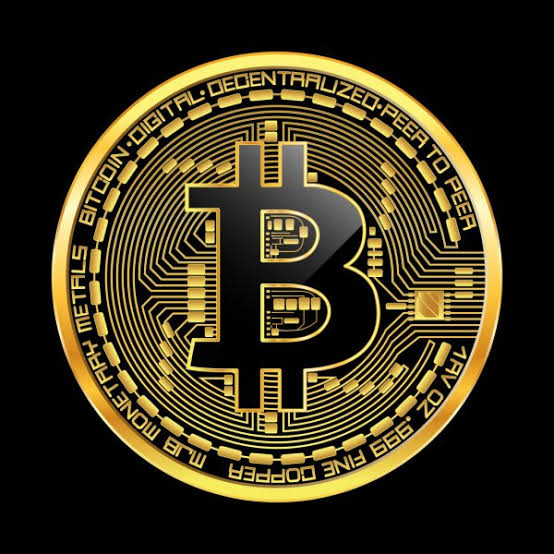Cryptophobia: Nigeria’s Rejection
By Moh Madaaki
INFOMEDIA – “The future of money is blockchain,” those were the words of Bill Gates, the founder of Microsoft. When technology conscious countries are delving more into cryptocurrency, some are doing all they could to curtail it. The recent ban by the Central Bank of Nigeria, stopping our financial institutions from processing crypto transactions does not speak well of the once perceived progressive apex bank.
The technology-driven world we live in is highly objective in that direction, and the future of money being cryptocurrency as asserted earlier is as inevitable as the advent of computers were in the early 90s. Nobody is denying the fact that blockchain doesn’t come with its negatives, but the move by the Central Bank of Nigeria was an undertone that kills the need for objectivity in the digital space. In the later months of the preceding year, the SEC filed a lawsuit against the third largest cryptocurrency in the world, only behind Bitcoin and Ethereum, alleging the XRP crypto is a security. Regardless of the seriousness of the lawsuit, XRP was not banned in the United States or the rest of the world, as it is still used today for trading while the details of the lawsuit unravels.
The CBN ban was met with heavy criticisms across social media platforms, majorly coming from the youth who are the main beneficiaries of this elusive and rare technology. Majority of the criticisms being the government’s inability to provide an enabling environment for entrepreneurship to thrive. Some even went as far as saying the government is allergic to the growth of the younger generation.
Read Also:
The ban was also met with criticism among the political elites, a noteworthy mention was from Atiku Abubakar. His assertion being the ban would deter the inflow of money into the country’s economy, which is open for debate. . The blockchain industry with a combined market capitalization of over $1 trillion dollars, only behind a few multinational conglomerates. Bitcoin alone stands at $600 billion market capitalization, above Samsung, Visa, Walmart and many more. That is to say the Nigerian economy needs blockchain more than blockchain needs Nigeria.
The move the apex bank should have taken was to regulate cryptocurrency in the country’s financial ecosystem, which would have been a more objective approach towards curtailing fraudulence and other monkey businesses emanating from the elusiveness of blockchain. Now instead of curtailing the menace, this would give rise to an alternative means of transaction, and the blockchain black market would thrive better than ever.
The unending problem of unemployment that has bitten hard on the country, with a gross ripple effect on the economy.
The advent of cryptocurrency into the digital economy of Nigeria have had its own negatives. Cryptocurrency is not all that bad, because a lot of Nigerians have tapped into the digital realm earning themselves some decent money. It is unlike the Yahoo Yahoo business which is outright fraudulence and illegal. Freelancers online get paid for a job done in digital currency, which have so far proven very convenient. There are other legitimate means of making money in the crypto digital realm by acquisition of digital assets to mention a few.
Instead of the crypto-phobic showoff, the knowledge of blockchain-savvy should have been sought out towards a regulation that would foster an integrity-driven digital space.
The begging question remains and is: Are the Nigerian policy makers against innovation? No, they are only against anything they don’t understand or confuse their judgements. The challenge here is not whether or not the ban would curtail the perceived threat, but virtual money is here to stay. Whether or not it is disruptive, policymakers should be more open to regulatory measures than a total shutdown.
Every innovation comes with a price, and the way we respond to those intricacies determines the short-term or long-term effect it would have on us. Our policymakers’ defiance to the inevitability of the digital trend would be met with some drawbacks, Nigeria being the second crypto market in the world, even though the country is on a second recession. But for how long would this ban hold?



























